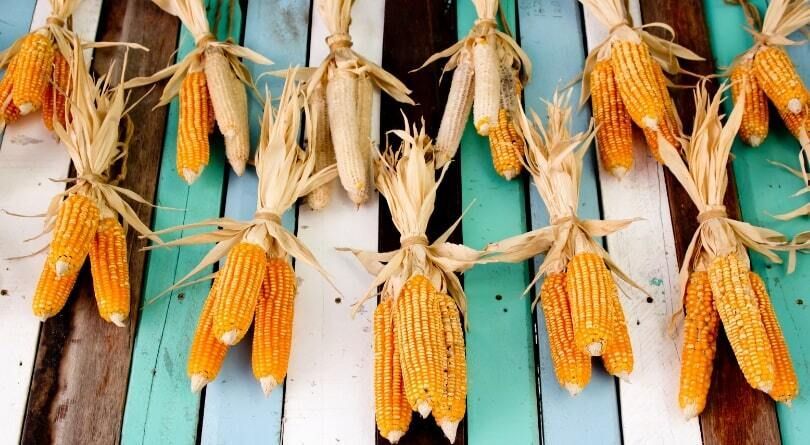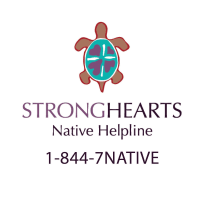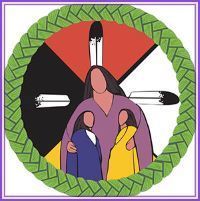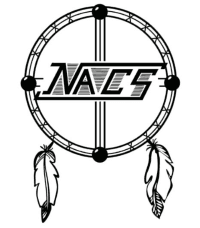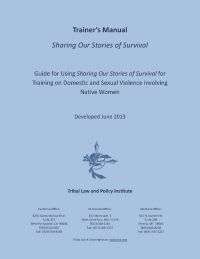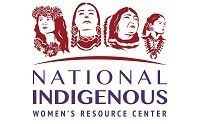The State And National Domestic Violence Hotline Numbers Are:
StrongHearts National Native Helpline
M-F from 10 am to 6:30 pm
1-844-7NATIVE (1-844-762-8483)
Three Sisters Program: Saint Regis Mohawk Tribe
24 Hour Hotline
1-855-374-7837
New York State Domestic Violence
24 Hour Hotline
1-800-942-6906 (English & español/Multi-language accessibility)
or 711 for Deaf or Hard of Hearing
National Domestic Violence
24 Hour Hotline
1-800-799-7233
or 1-800-787-3224 (TTY)
National Deaf Hotline Videophone
M-F from 9 am to 5 pm
1-855-812-1001
or deafhelp@thehotline.org
In this section you will find a collection of tools, information and resources for indigenous survivors of Domestic Violence and Sexual Assault.
Services for Indigenous Survivors
-
This hotline and crisis center was created in March 2017 by support from the Administration on Children, Youth and Families, Family and Youth Services Bureau, U.S. Department of Health and Human Services and Verizon. StrongHearts is a culturally-appropriate, anonymous, confidential service dedicated to serving Native American survivors of domestic violence and concerned family members and friends. By dialing 1-844-7NATIVE (1-844-762-8483) Monday through Friday from 9 a.m. to 5:30 p.m. CST, callers can connect at no cost one-on-one with knowledgeable StrongHearts advocates who can provide lifesaving tools and immediate support to enable survivors to find safety and live lives free of abuse.
-
Operates a 24/7 secure shelter facility whose operations provide crisis response and support services to victims of abuse, violence, assault, harassment, and crisis from domestic violence and/or sexual assault.
-
“All Our Relations” Project, A New Initiative to Improve Relations between Native & Non-Native Communities and to Contribute to the Health & Wellbeing of the Native American Community & Friends.
-
Government Office of Children and Family Services, (OCFS)' Native American Services (formerly known as the Bureau of Indian Affairs) responds to the needs of Indian Nations and their members both on reservations and in the state's other communities.
Resources for Indigenous Survivors
-
There are many legal factors advocates consider when addressing domestic violence and sexual assault in Indian Country.
This page containing information on Tribal Protection Order Resources: an Online Resource for Drafting and Enforcing Tribal Protection Orders.
-
A general introduction to the social and legal issues involved in acts of violence against Native women, this book's contributors are lawyers, social workers, social scientists, writers, poets, and victims. In the U.S. Native women are more likely than women from any other group to suffer violence, from rape and battery to more subtle forms of abuse, and Sharing Our Stories of Survival explores the causes and consequences of such behavior. The stories and case-studies presented here are often painful and raw, and the statistics are overwhelmingly grim; but a countervailing theme also runs through this extremely informative volume: Many of the women who appear in these pages are survivors, often strengthened by their travails, and the violence examined here is human violence, meaning that it can be changed, if only with much effort and education. The first step is to lay out the truth for all to see, and that is the purpose accomplished by this book.
-
Social Media can serve as the living voice of your organization and can convey your organization’s story, mission and drive to the general public and your intended audience. Each of your posts tells a piece of your organization’s story. Learn how to vet news stories, share resources, and the basics of what social media platforms are available. Find out how to take advanced approaches to social media such as positioning your page as a news source for your community, to reporting analytics and insights for funders, to seeing what works internally for your organizational needs. This webinar, provided by National Indigenous Women’s Resource Center, will give tribal coalitions an overview of using social media to engage and develop their audience and best practices to aid in telling their organization’s story.
-
(The Native American Women’s Health Education Resource Center) “What To Do When You’re Raped” is an illustrated guide created to answer the questions women face following a sexual assault, from thinking through buying emergency contraception, to getting tested for STDS, to who to turn to for support. The ABC handbook was created as a response to the systematic sexual assault Native Women experience. Native Americans are raped at a rate nearly double that any other race annually – 34.1 percent. More than 1 in 3 Native American women will be raped in their lifetime, and three-fourths having experienced some type of sexual assault in their lives.

